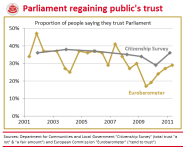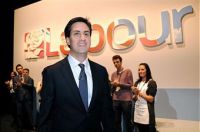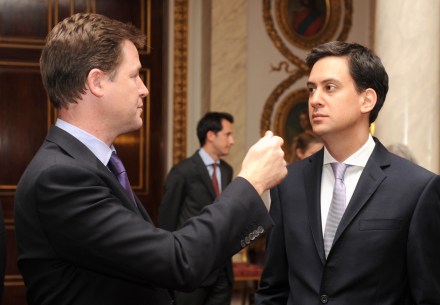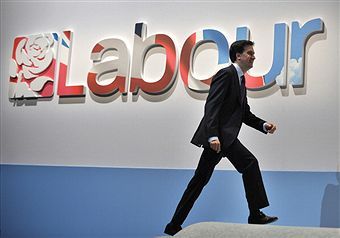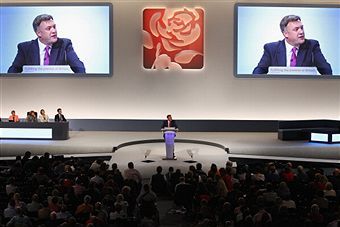Miliband’s revealing Scottish gaffe
Ed Miliband can’t name the candidates for leader of the Scottish Labour Party. Miliband’s discomfort during his excruciating BBC interview is fairly amusing. But, as James Kirkup notes, the Scottish Labour Party is a serious issue. It is the only check on Alex Salmond, which makes it essential to the future of the union. And it’s important for Labour’s electoral recovery, not that you’d realise that listening to the senior party. As I revealed on Sunday, Labour shadow minister Ivan Lewis displayed extraordinary complacency about Scotland at a fringe event, implying that Labour will return to power in Holyrood as a matter of course, no effort required. Miliband’s ignorance only




